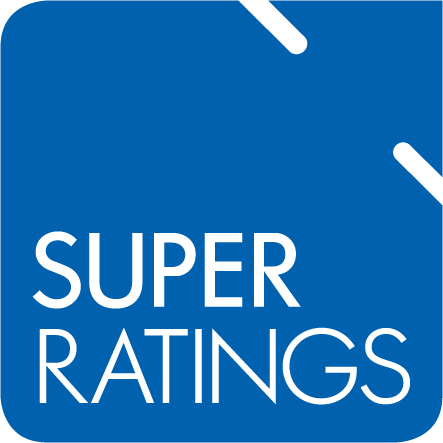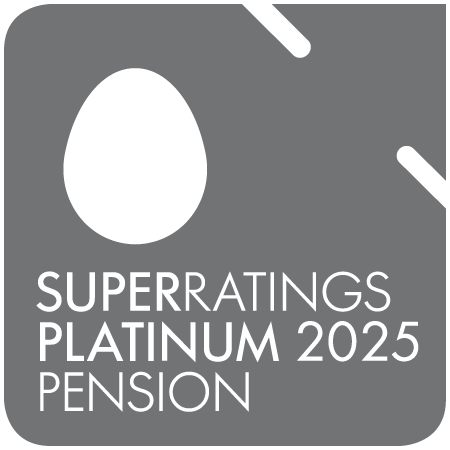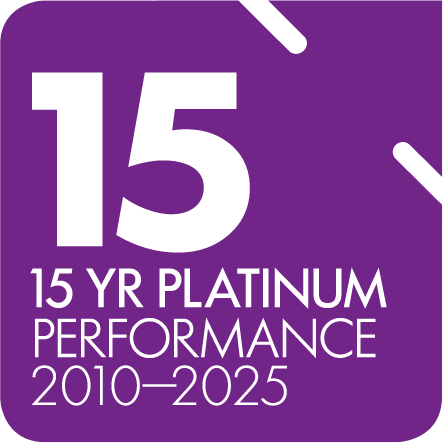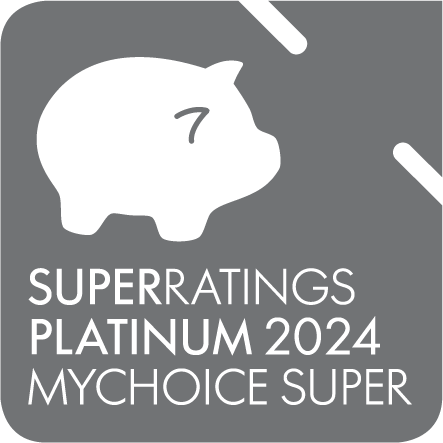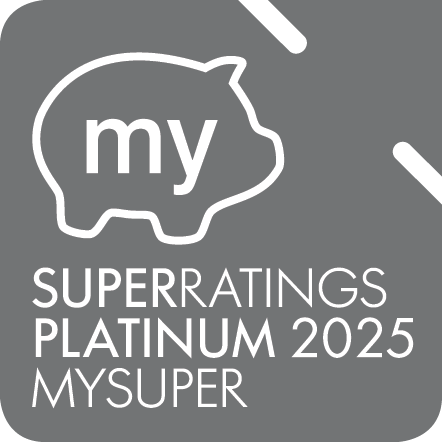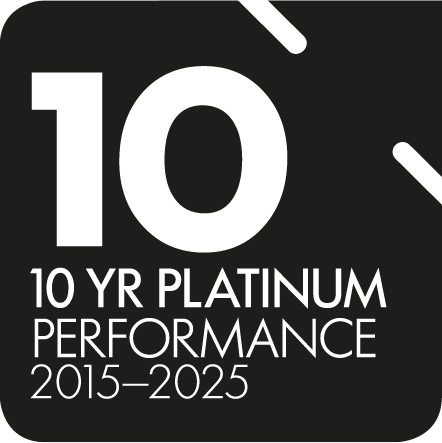How a Transition to Retirement Income account works
A Transition to Retirement Income account (TTR) operates alongside your regular super account. If you’re aged 60 to 64 and still working, it allows you to start drawing regular income payments from your super. This means you can reduce the hours you're working, and use your super to help make up the difference in your lost income.
And just like with your super account, you decide how your account is invested, to best suit your financial goals.
Once you reach age 65 your Transition to Retirement Income account converts automatically to a Catholic Super Retirement Income account. If you retire fully before you reach age 65 you can also convert to a Retirement Income account.
Who’s eligible?
You can open a Transition to Retirement Income account if:
- you’re aged 60 to 64, and
- you're still working.
Note: If you've permanently stopped working, you may be eligible to open a Catholic Super Retirement Income account.
Using a TTR Income account for a transition to retirement strategy
If you're aged 60 or older, a transition to retirement strategy can be a great way to access your super while you’re still working. At the same time you can draw on the tax benefits of super to help grow your balance, and reduce your work hours while maintaining your income.


